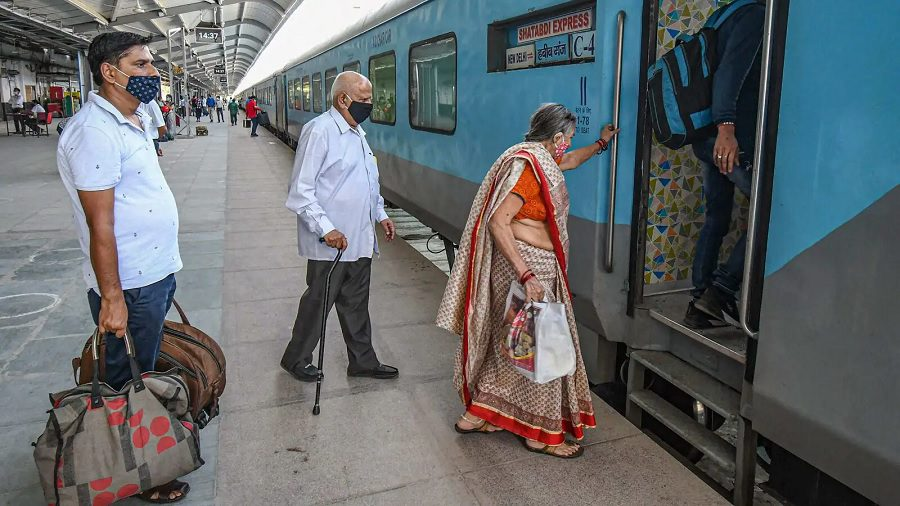Reports suggest that new RTO guidelines will allow driving schools to issue driving licences starting from June 2024, but not all parties involved seem ready for it
Obtaining a driving licence in India traditionally requires a visit to the relevant Regional Transport Office (RTO) for an online assessment and a driving test. Only after passing these tests could one become eligible for a driving licence in India. However, recent speculation on the internet suggests that the Ministry of Road Transport and Highways (MoRTH) has announced new guidelines about the issuance of driving licences that will come into effect from June 1, 2024.
These guidelines propose that driving schools and training centres will now have the authority to issue driving licence directly, thereby eliminating the need for a driving test to be conducted exclusively at the RTO. However, verifying this information proved challenging. So, we reached out to several reputable driving schools across India to ascertain the ground reality and confirm the validity of this claim.
While no driving school was able to provide us with the official statement for the new regulations, these centres clearly denied the implementation of new RTO guidelines. Also, the driving schools still haven’t received any official communication from the RTO or the transport department regarding the new rules for issuing driving licences.
The driving schools in India however can still issue a passing certificate to the applicant, in accordance with the parameters laid out in the Central Motor Vehicle Rules (CVMR) of 1989. Training centres such as Maruti Driving School offer amenities like classrooms, driving simulators, and multiple test tracks. However, despite these facilities, they are not authorised to provide the driving licence directly to the applicant, and only the RTO (Regional Transport Office) department has the authority to do so at present.
We contacted multiple driving schools across the country to gather more information about the new regulation. One of the biggest and common challenges in complying with this rule, as stated by the transport department, is the land requirement. For a driving school to be authorised by the government to issue eligibility certificates for the driving licences directly, they must possess at least one acre of land for a two-wheeler training school and two acres for a four-wheeler training school. Based on our communication with these training centres, acquiring or leasing such a large area in tier 1 or even tier 2 cities is nearly impossible in the current times.
Another challenge is the regularity of trainees attending the driving school. According to a trainer at the Maruti Driving School, candidates must attend driving classes and training sessions regularly for 30 consecutive days. Each day, the trainee's biometrics will be taken and will be sent to RTO records. Missing even one day of training renders the trainee ineligible for a driving licence. Small-scale training centres find it challenging to collect and maintain such records, as it can strain their finances and credibility.
Also Check Out: Considering Buying a New Car? Watch All The Benefits of Scrapping Your Old One
Why Is Land Necessary?
Since it's nearly impossible for driving schools to adhere to such terms and conditions required to issue driving licences, the existing guidelines will remain in effect. Accordingly, individuals can apply for a driving licence online through the Parivahan website or by visiting their RTO directly. For those seeking a licence for a LMV (light motor vehicle), i.e., a four-wheeler, the applicant must be at least 18 years old.
After the initial application, an online test must be taken to obtain a learner’s licence. This learner's licence will be valid for six months, but you can apply for a proper licence after just one month. During this period, you can attend driving classes and training at any of the nearest driving schools to prepare for the final driving test. To obtain a full-fledged licence, the applicant must undergo a driving test conducted at the RTO. Upon passing the test, the licence will be delivered to the applicant's postal address and it is usually valid for 20 years.




Comments
Post a Comment